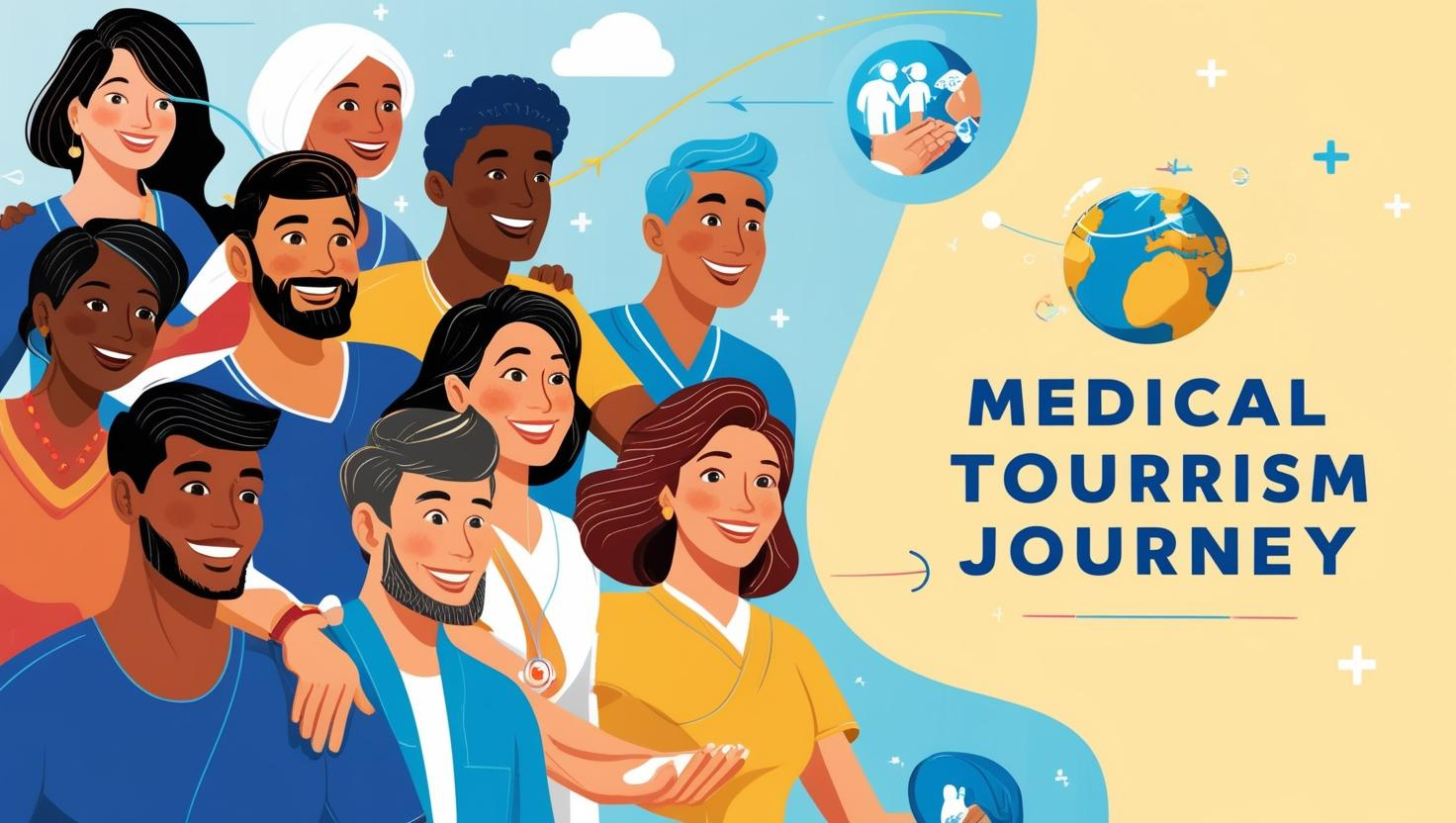In today’s interconnected world, the pursuit of quality healthcare transcends borders. If you find yourself questioning whether seeking care elsewhere offers unique benefits and opportunities, you’re not alone. Let us explore why medical tourism has become a preferred choice for many.
Why Choose Medical Tourism?
Medical tourism is more than just traveling to another country for treatment; it’s an opportunity to access specialized expertise unavailable at home. Consider choosing a destination where your condition may be managed by renowned specialists with extensive experience—offering precision and innovation that local providers might not match. Additionally, certain procedures are either unattainable or prohibitively expensive in your homeland.
What Does It Involve?
Planning a medical tourism journey involves several steps:
- Destination Selection: Choose based on the specific procedure’s availability.
- Research: Investigate costs, insurance requirements, and the healthcare system to ensure seamless travel.
- Preparation: Vaccinations, health advisories, language learning (especially if traveling outside major cities), and arranging follow-up care post-treatment.
Top Countries for Medical Tourism
- Japan: Renowned for nuclear medicine imaging like thyroid scans, offering high-quality diagnostics at a reasonable cost.
- France: Provides advanced cancer treatments that are more affordable than in the U.S., thanks to its specialized facilities.
- Germany: Known for precision plastic surgery and orthopedic care, with strict regulations ensuring treatment quality.
- Brazil: Offers lower costs and access to specialists for procedures like cesarean sections.
Challenges Faced by Medical Tourists
While medical tourism offers many benefits, it also presents challenges:
- Insurance Requirements: Many countries demand prior authorization for treatments, which can complicate planning.
- Language Barriers: Understanding healthcare systems in smaller towns might be challenging but manageable with translation services.
- Follow-Up Care: Coordinating specialists across international borders can lead to gaps in treatment continuity.
Conclusion and Call to Action
Medical tourism opens doors to global healthcare opportunities, offering access to specialized care and innovative treatments that enhance safety and quality. While challenges exist, the potential rewards are significant. We invite you to explore medical tourism options or seek such experiences if your condition aligns with available procedures abroad—embracing a journey toward globally rewiring healthcare choices.






Awesome https://is.gd/tpjNyL
Good https://shorturl.at/2breu
Very good https://shorturl.at/2breu
Good https://shorturl.at/2breu
Very good https://lc.cx/xjXBQT
Good https://lc.cx/xjXBQT
Very good https://lc.cx/xjXBQT
Good https://t.ly/tndaA
Very good https://rb.gy/4gq2o4
Awesome https://is.gd/N1ikS2
Awesome https://is.gd/N1ikS2
Good https://is.gd/N1ikS2
Good https://is.gd/N1ikS2
Good https://is.gd/N1ikS2
Good https://is.gd/N1ikS2
Awesome https://is.gd/N1ikS2
Good https://is.gd/N1ikS2
Good https://is.gd/N1ikS2
Good https://is.gd/N1ikS2
Good https://is.gd/N1ikS2
Good https://is.gd/N1ikS2
Very good https://is.gd/N1ikS2
Very good https://is.gd/N1ikS2
Good https://is.gd/N1ikS2
Very good https://is.gd/N1ikS2
Very good https://is.gd/N1ikS2
Very good https://shorturl.fm/TbTre
Very good https://shorturl.fm/TbTre
Cool partnership https://shorturl.fm/XIZGD
Very good https://shorturl.fm/bODKa
Cool partnership https://shorturl.fm/XIZGD
Good partner program https://shorturl.fm/m8ueY
Very good partnership https://shorturl.fm/68Y8V
Very good https://shorturl.fm/TbTre
Awesome https://shorturl.fm/oYjg5
Cool partnership https://shorturl.fm/a0B2m
Very good partnership https://shorturl.fm/9fnIC
Awesome https://shorturl.fm/5JO3e
Awesome https://shorturl.fm/68Y8V